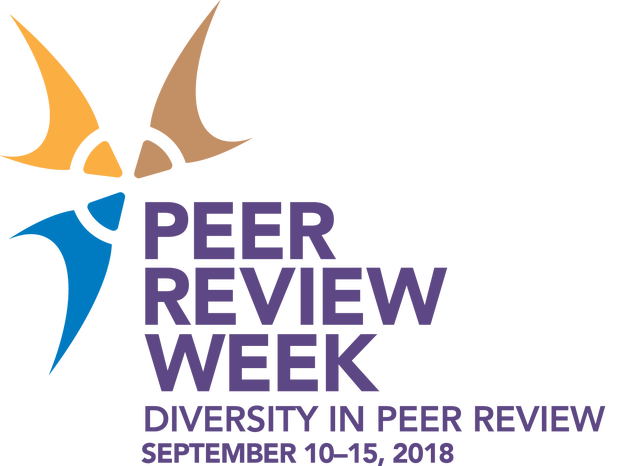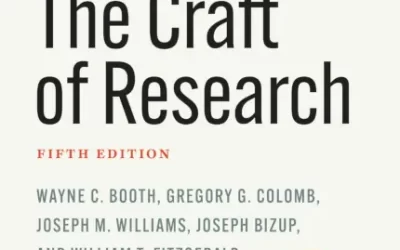The theme of Peer Review Week 2018 is Diversity and Inclusion. While not an easy topic, it is a good opportunity to reflect on the issue of bias in peer review and strategies being taken to address the problem.
Implicit bias in peer review
Analysis of numerous datasets conclude that an author’s gender, geographical location, language, and the prestige of the author’s institution all play a part in reviewer scores. Why is it that editors and reviewers with intentions to be fair make decisions influenced by the personal attributes of authors? One explanation is the prevalence of deep-rooted assumptions that affect attitudes toward people and decision-making on an unconscious level. This phenomenon is known as implicit bias. Various studies have shown that journals are more likely to publish manuscripts written by authors located in the same country as the publisher. Studies have also concluded that American reviewers are more likely to give favorable reviews to a paper submitted by an American author or, contrastingly, that American reviewers are more lenient when evaluating the work of non-American authors. In addition to reducing author trust in the peer review system, implicit social bias can hinder innovation in research and stifle diversity.
Strategies to address bias in peer review
Blind review is commonly used to curtail the possibility of social bias. Although there are benefits and drawbacks to this form of review, studies show that it is preferred by researchers. An alternative is open peer review. Some members of the peer review community believe that transparency is the way forward for peer review, and that this type of review system holds reviewers accountable for the quality of their reviews. Others hold the opinion that the open review system discourages frank reviews. A hybrid type of review, transparent review, combines elements of both blind review and open review. Transparent review publishes anonymous reviews alongside the manuscript as part of the journal’s published record. Some journals have experimented with a form of transparent review that does away with reviewer anonymity, an approach that worked so well in trials that it was officially adopted by Nature Communications, an open access multidisciplinary journal.
Coming together to address bias in peer review
The American Association for the Advancement of Science held a forum, allowing experts to come together to identify ways to address the problem of implicit bias in peer review. Presentations were given by journal editors, federal funders, and researchers. Journal editors voiced concerns that U.S.-centric bias is a major issue in peer review. During the forum, it was noted that research on implicit bias remains incomplete. More uniform data-collection and data-sharing on implicit bias is required to move forward in minimizing its impact on peer review.
Efforts to address unconscious bias can be seen not only in the publishing world and in research centers, but on campuses, in medical centers, government offices, funding institutions, and foundations. Other strategies to minimize bias on both an individual and institutional level include association tests, facilitated training sessions, and the formation of institutional strategies. With so many diverse entities and participants involved in the discussion, innovative solutions are sure to be on the horizon.





